Sheep Production
All Sheep Production Content
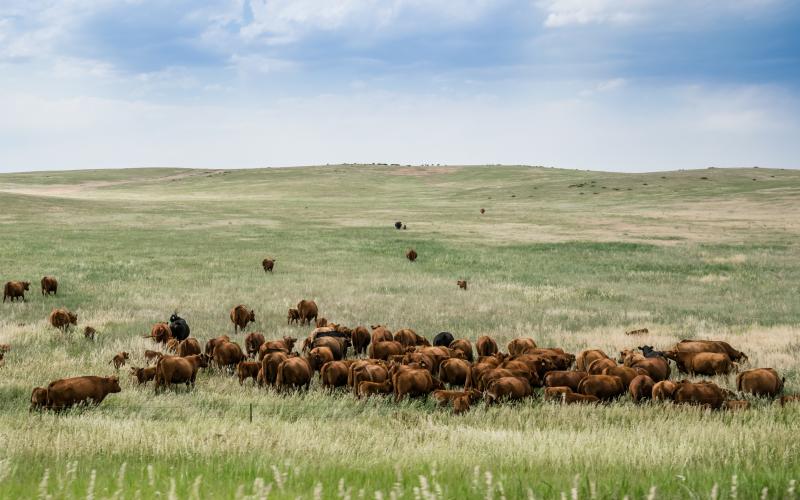
Structuring Grazing Leases
Fact sheet including ranch resource goals to improve landowner - lessee relationships.
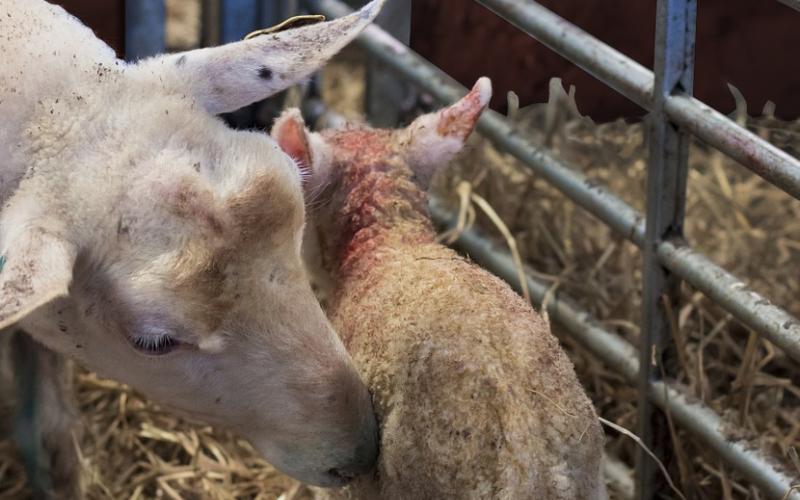
Newborn Lamb Care Management
Proper newborn lamb care is a critical component of flock profitability. In the U.S. lamb mortality from all causes is approximately 20% with more than 80% of those losses occurring in the first two-weeks following lambing.
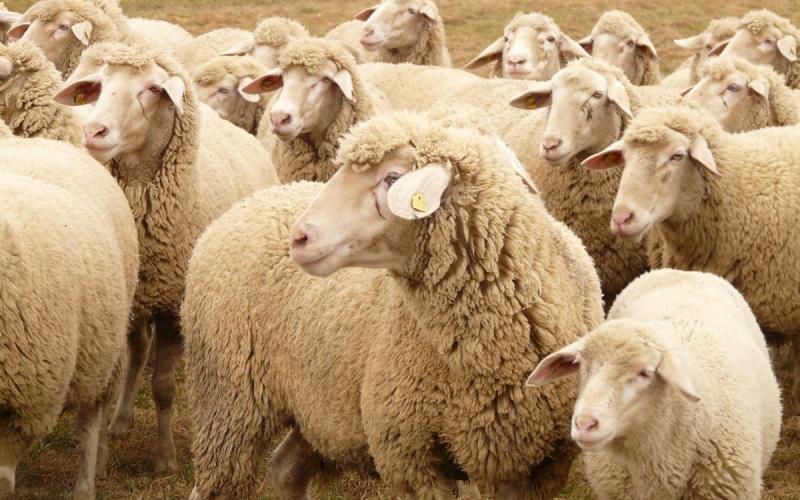
Sheep Breeds
Everyone has heard the fairytale “Baa Baa Black Sheep Have You Any Wool?” but what about the double-coated California Red, the multi-colored Katahdin sheep with hair, or the East Friesian dairy ewe that produces over 1,100 pounds of milk a year? Sheep come in different shapes, sizes, and colors and all of them provide different functions and uses for producers. These can range from meat, wool, and milk production or a combination of characteristics.
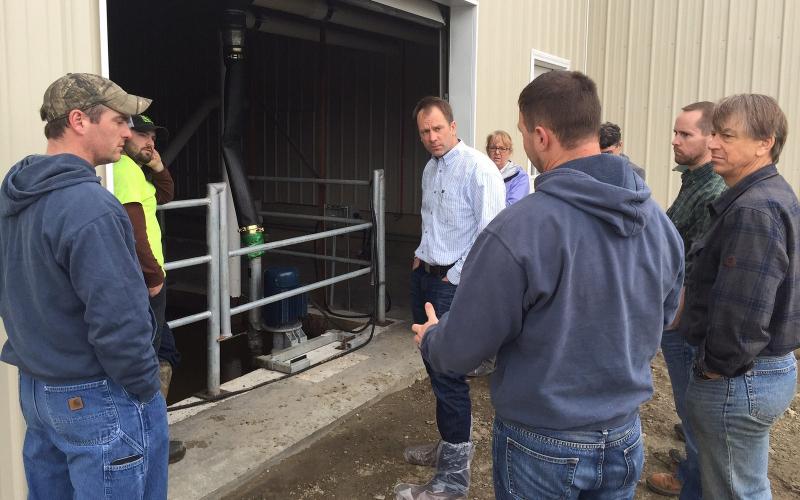
Dealing With Emergency Manure Runoff
With the recent flooding that the region has experienced and snowmelt that is yet to come, it is essential for livestock operators with animal waste management systems to regularly check on structures in order to prevent a manure storage spill.
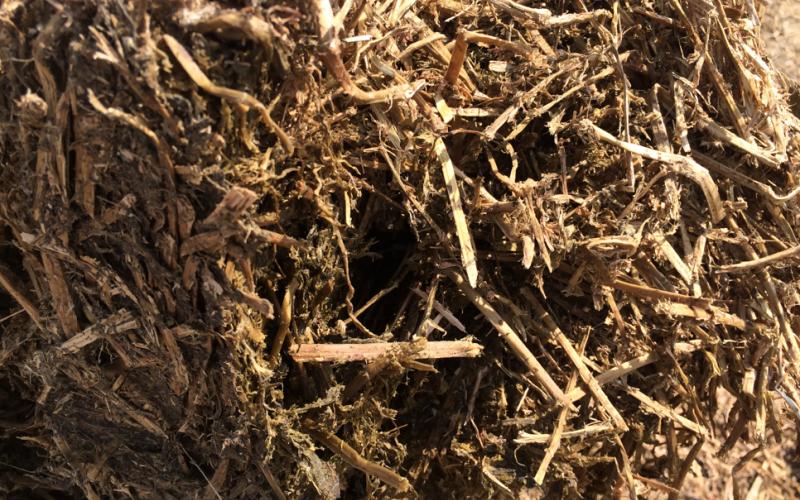
Minimizing Hay Storage Loss From Heating or Fires
Successful hay storage is essential to preserving high quality forage, while ensuring desired performance from livestock and deterring economic losses from unwanted hay storage fires.
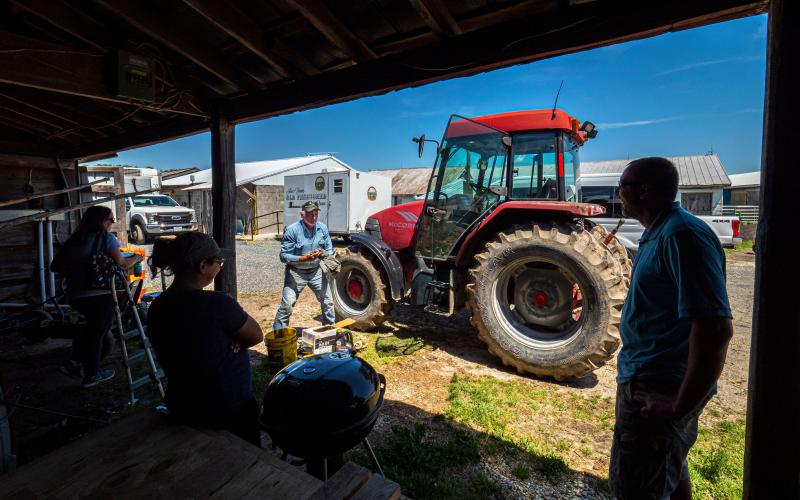
Employee Turnover: It Is Important in Agriculture Also
Lots of conversations in agriculture lately focuses around labor or the lack of a labor pool of employees. This is the case not only for dairy farms, but also within the entire agriculture industry.
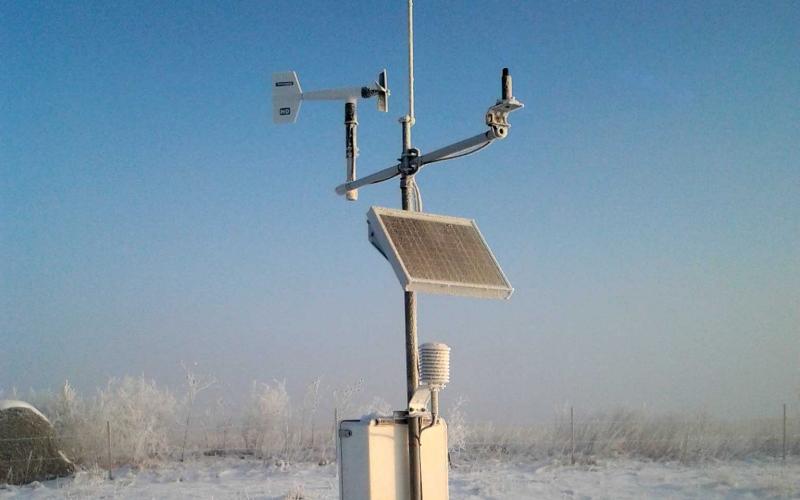
Livestock Stress Tool
Weather conditions in the Northern Plains can present more than a few challenges for livestock producers. From below zero or blizzard conditions during winter or even spring, to heat waves in the summer months, farmers and ranchers need to be prepared for rapidly changing conditions to provide the best care for their livestock and minimize their risks of losses.
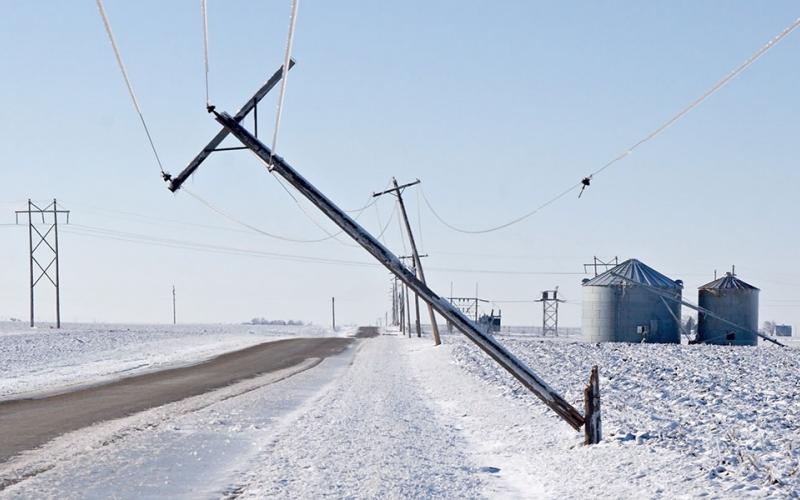
Caring for Animals When the Power Goes Out
Power outages bring with them a different set of circumstances to every animal operation. Questions about animal care and animal health products in the midst of electricity loss should be directed to your veterinarian.
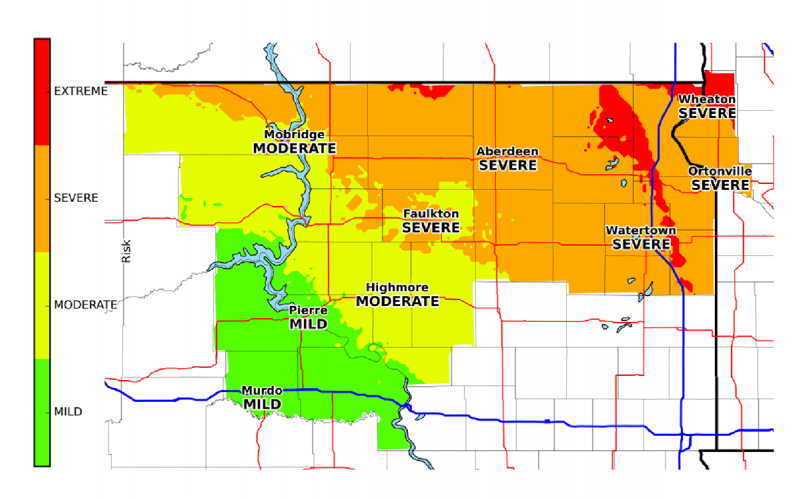
Using Weather Forecasts for Extreme Cold Risk to Newborn Livestock
Calving and lambing during a winter season with extreme weather swings can be concerning when caring for newborn livestock. The Cold Advisory for Newborn Livestock (CANL) forecast can be a useful tool for producers when preparing for newborn animals.

Counties Designated as Disaster Areas and Qualify for Other Programs
Five South Dakota counties have been given disaster declarations due to dry summer conditions. This declaration gives producers in these counties and those in contiguous counties access to USDA-FSA emergency loans.